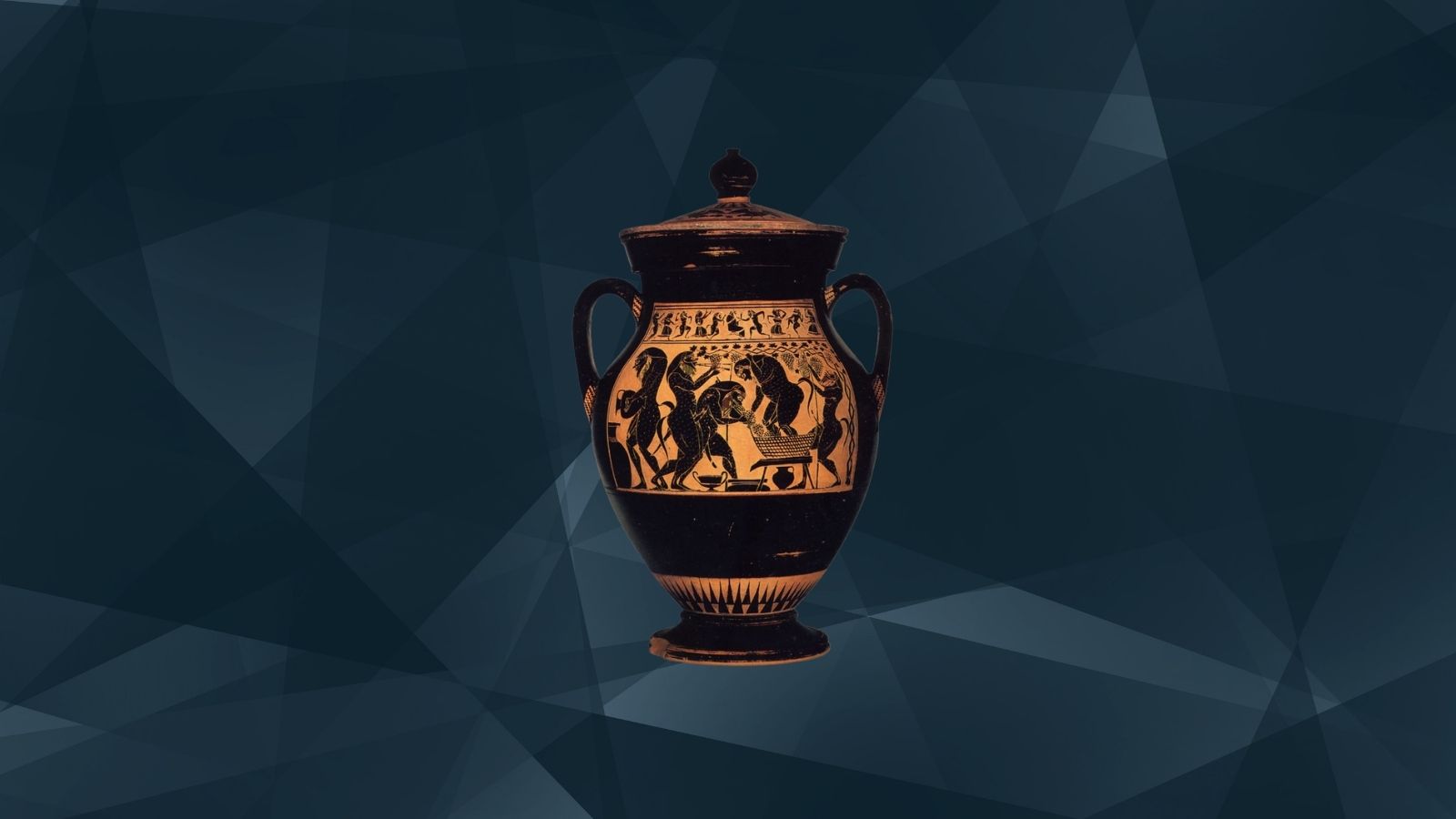An old friend of mine dismissed Ernest Hemingway’s The Sun Also Rises as a period piece. Let’s examine that a bit.
In the first place, all novels are period pieces. The Tale of Genji, Don Quixote de la Mancha, and The History of Tom Jones, a Foundling, are all period pieces. The only question in any case is “Does the novel transcend its time and place or does it die with its era?” The three novels named here transcend. And I submit that The Sun Also Rises does too.
Every novel asks that it be sifted through the full context of its conception. Hemingway provides a big part of the context for this novel in his epigraph, culled from Ecclesiastes: “One generation passeth away, and another generation cometh; but the earth abideth forever…” There is more to Hemingway’s quotation from Ecclesiastes, but this fragment points to the enduring moral of the novel; Ecclesiastes is about the vanity of human wishes, and The Sun Also Rises, for its part, is about Vanity Fair and how one transcends it. Surely this is an eternal theme, not one fettered by topical concerns.
Lady Brett and the chaotic retinue surrounding her represent the Vanity Fair of this novel. Jake and Bill are the two characters trying to rise above all the hurly burly of Lady Brett’s circle and achieve some peace of mind. I would like to suggest that they realize something akin to the Stoic indifference (very much like the Christian peace that passes understanding) when they go trout fishing. This is the only time in the novel when any of the characters manages to rise above the sound and fury of Lady Brett’s influence. After that, albeit we see everything through Jake’s eyes, Lady Brett dominates the action. And wherever she goes, there is mayhem.
Hemingway was a stoic and saw stoicism as a cleansing agent for the soilure of life. Jake is lucky: his impotence insulates him to a degree from the chaos surrounding Lady Brett. It does not prevent him from being made unhappy by Brett, but it leaves him free to seek a state of mind resembling the Stoic Indifference, which entails a divorce from the great world in favor of a union with the cosmic order of things. Jake, though Catholic, is not religious, and his emotions are too entangled with Brett for him to achieve peace of mind. But his stoicism permits him to absorb the punishment of emotional upheaval without having the crackup that is visited upon Robert Cohn, and he can see clearly what life with the tumultuous woman would be like. When Lady Brett says to him at the end of the novel, “Oh Jake, we could have had such a damned good time together,” he ponders for a moment, then answers, “Yes. Isn’t it pretty to think so?” He knows better and that he has been lucky to stay aloof from Lady Brett’s orbit.
So, this classic of the twentieth century American novel is not dated by its subject. Like every great novel, it transcends its time and place. It is about the timeless question: How do I transcend the transitory concerns of Vanity Fair, on which, as Wordsworth said, we lay waste our powers? This is a topic that can never get old. Moreover, theme is not all that this novel has to recommend it. If that were the case, it might well justify my friend’s dismissal of it as a period piece. The fact is that The Sun Also Rises is replete with great characters, the kind that come to life on the page and make one believe in the lives they are living. And the greatness of the novel is in these characters and the relations between them, which are compelling. This is what makes any great novel rich. So, this novel is more than a period piece. It is almost as sempiternal as the rising of the sun.
David Massey has a Master’s Degree in English Literature After 1660 from The University of South Carolina and while there studied creative writing under George Garrett and James Dickey. He turned belatedly to fiction writing as a serious occupation but has made progress of late, publishing several short stories in the last three years.



